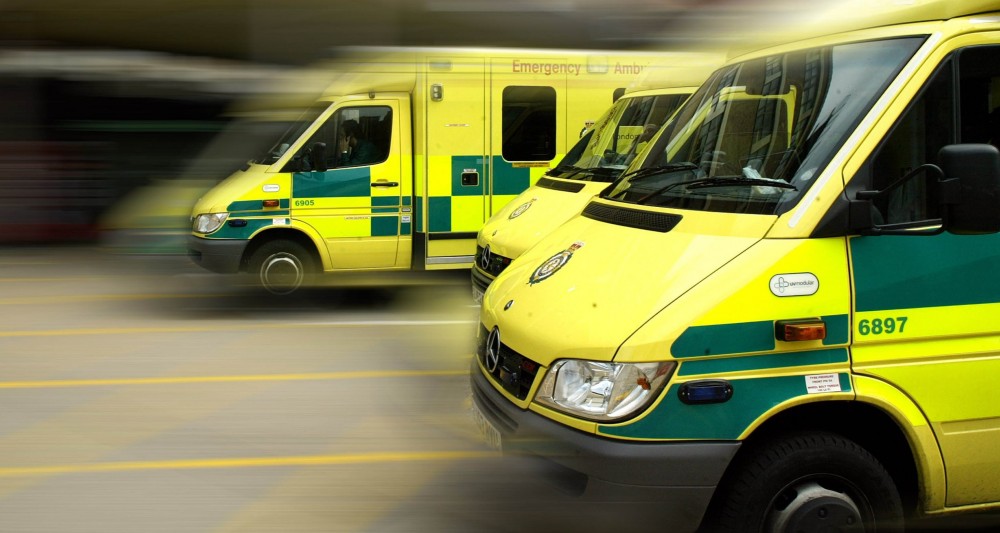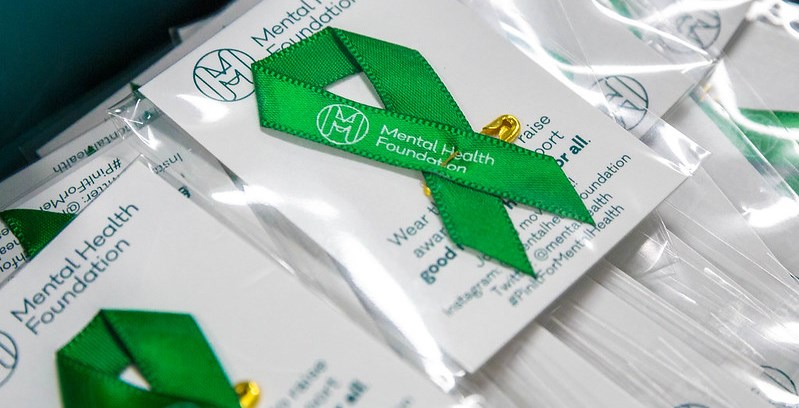On the frontlines
On World Mental Health Day today (October 10), UniteLive investigates the university mental health crisis – and the security and other staff in higher education who are tackling it on the frontlines.
 Â
It’s no exaggeration to say that there is a mental health crisis now engulfing universities across the UK.
The most comprehensive survey of its kind, conducted earlier this year, polled nearly 40,000 university students and found surging rates of mental ill health. A shocking 87 per cent said they struggled with feelings of anxiety, while more than 50 per cent reported thoughts of self-harm – double the reported rate in 2017.
A third of those surveyed said they experienced a severe psychological problem for which they believed they needed professional help, while a fifth of students said they have an official mental health diagnosis.
Student suicides too are on the rise – one UK student dies by suicide every four days.
First port of call
But at a time when mental health services are underfunded and overprescribed, it likely won’t be a counsellor who students first encounter when they’ve reached crisis point, or even a friend or family member.
All too often it is university security staff who are the very first port of call.
For Unite rep and London School of Economics security team leader Ian Marston, the student mental health crisis is all-too real.
“Although many of my colleagues have dealt with suicides before, I experienced my first incident earlier this year,” he told UniteLive.
“The student was extremely distressed and became even more so when she saw our uniforms. Although it’s usually the case that we call the police, we made the decision not to because we understood that their presence would only further agitate the student. We eventually calmed her down with the help of her friend and thankfully it came to a good conclusion.”
But often such stories don’t have a happy ending, and it can take a serious toll on security staff who must deal not only with suicides but a range of mental health and other emergencies.
“I’m lucky in that I’ve done counselling training so I feel I’m more prepared to cope with incidents like this but many of my colleagues are not,” he explained. “Recently there was an incident where we were dealing with two homeless men, one of whom was very aggressive and started hurling racial abuse at one of my team.
“He continued making really vicious racist remarks throughout the incident – this is the sort of thing our staff deal with day-in and day-out on the job that can really impact our mental health. It took him several days to recover from that mentally.”
More must be done
While Ian and his colleagues have access to the same counselling service students do, he believes his employer LSE must go further.
“We don’t have any specific mental health support for staff,” he told UniteLive. “We have had training on, for example, how to talk to students who are suicidal or how to arrest a person with mental health problems safely, but we aren’t given any tools to cope with the surge in incidents we’ve experienced in the last several years.”
Ian said part of the problem is that there needs to be more awareness of the vital job university security staff do.
“We’re the only staff who are here after 5pm on weekdays and at the weekend – no one else is here to support us at times when mental health emergencies tend to happen so we’re left to deal with such situations entirely on our own,” he explained.
Through Unite, security staff have lobbied for a disability support officer but so far to no avail. And while the university has devised a mental health and wellbeing policy, it is still being negotiated.
Security staff too must contend with working conditions that only add to the stress they’re under.
“It’s a tough job – the hours are long, with some shifts as long as 14 hours. Achieving work/life balance is tremendously difficult in shift work especially with alternating shifts. Pay, too, is low which only adds to the stress – most of our security staff earn less than £26,000.”
Industrial action ballot
And university security staff aren’t the only higher education workers struggling to make ends meet – thousands of Unite members in the sector are now being balloted for industrial action after pay talks collapsed as yet another below-inflation pay rise was imposed this year.
As part of the industrial action ballot, Unite has made a number of demands in addition to pay that will improve staff wellbeing, including the abolition of precarious employment practices rife in universities; the reduction of excessive workloads and the implementation of stress management systems; the establishment of a 35 hour working week; and action to close the gender and ethnic pay gap.
Under pressure
Ian said he welcomes steps the LSE has taken to acknowledge the mental health crisis, but he believes not enough is being done at a time when mental health support – for both students and staff – is so desperately needed.
“I’ve been in this job twenty years and we’ve definitely seen huge changes in students – they’re under a hell of a lot of pressure. When I first started, in the first term there were parties, the atmosphere was generally more relaxed and care-free; now there’s hardly any of that.”
Ian believes that the introduction of student fees is in part to blame. Skyrocketing university costs have placed immense pressure on students to excel, with many forced to balance both work and their studies. To make matters worse, fees have risen just as mental health services have been cut to the bone, creating the perfect storm.
“I once had to sit with a student for four hours who was so paralysed with anxiety after having taken stimulant drugs and Red Bull to prepare for his exams that he literally couldn’t move,” Ian recalled.
On World Mental Health Day, Ian has one message for his employer, and for universities more generally —
“Take mental health seriously. Put processes in place to support your employees. Don’t just go through the motions and pay lip service to mental health – our students and staff are depending on you to act.”
Unite national officer Siobhan Endean hailed the work security and other university staff do.
“University staff are the unsung heroes in mental health – they safeguard and support students at a time when it’s never been harder to be in the university system,” she said. “They are right there at the frontlines, often the first person a student speaks to when they are in extreme distress, such as in situations of suicide.
“If universities are serious about tackling the student mental health crisis, staff must be given their full support. Unite members who work in universities are preparing for the new academic year with the knowledge that they have yet again had a derisory pay increase imposed on them that falls well below the increase in the cost of living.”
“Higher education staff work long hours and 70 per cent report that they suffer work-related stress,” Endean added. “They provide much needed support to students, ensuring their accommodation, laboratories, libraries and lecture halls are safe, clean and ready for learning.
“It is vital that all members participate in the ballot to send a clear and unequivocal message to management that they will no longer accept a continuous erosion in pay.”
The ballot closes on October 31.
 Like
Like Follow
Follow

